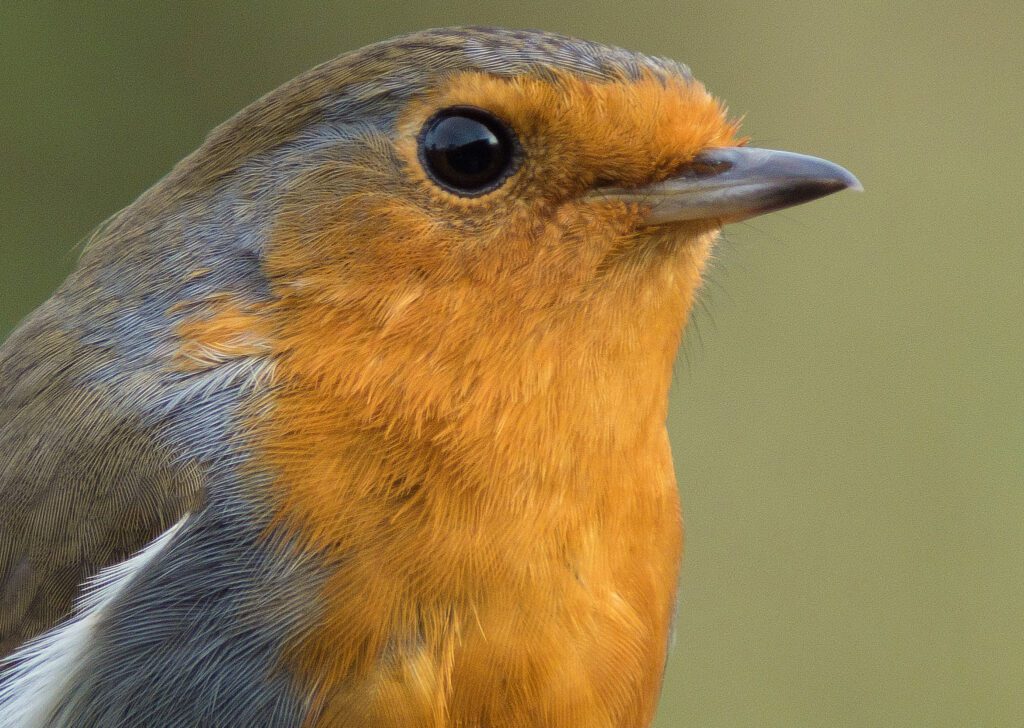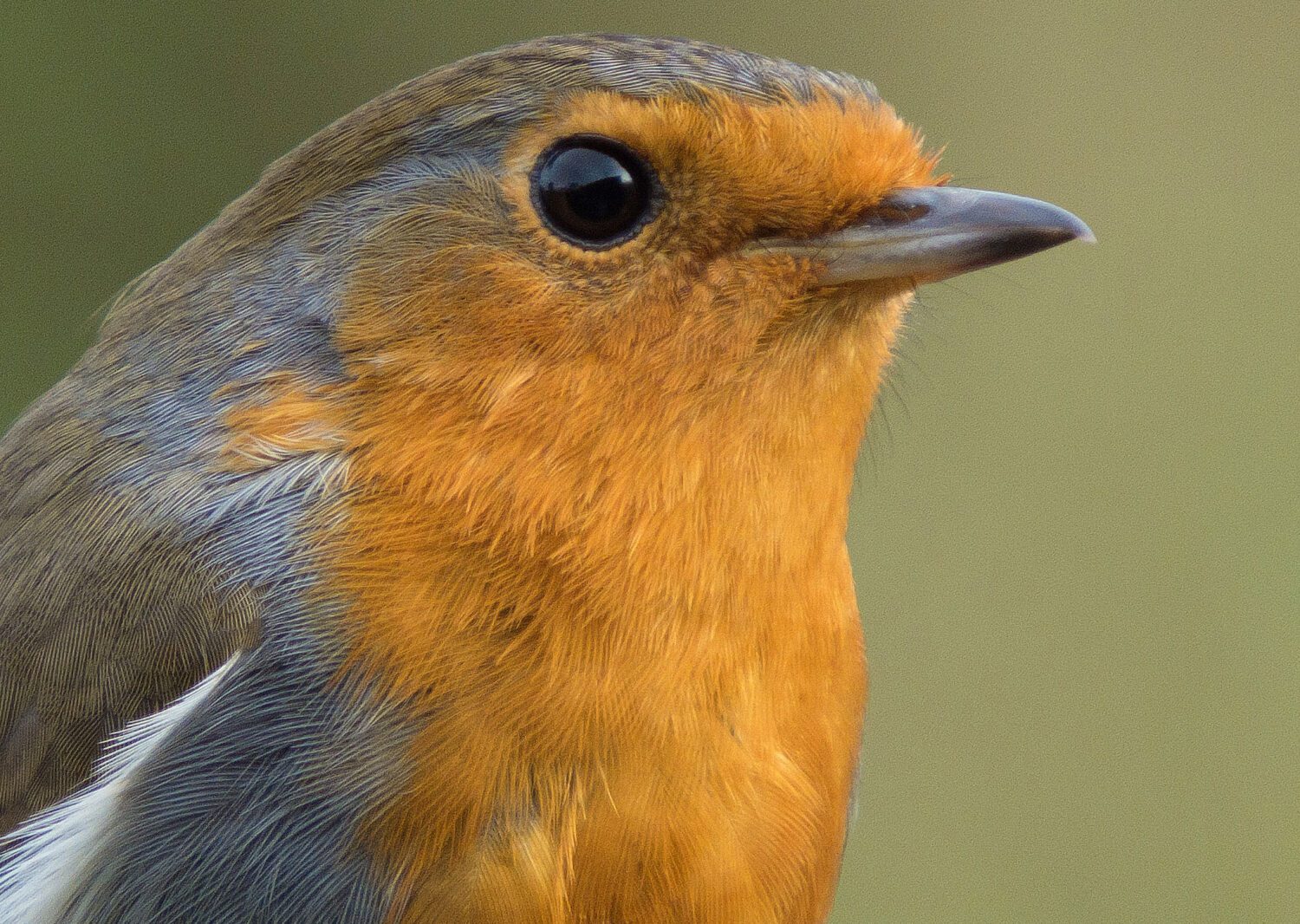
Reinhard Behrend, Rainforest Rescue: The 14th UN Biodiversity Conference will take place in Egypt in late November. Ironically, while the delegations gather in a luxury resort in Sharm El Sheikh, millions of migratory birds from Europe, on their journey to their winter quarters in Africa, will face a gauntlet of nets, snares, glue traps and loudspeakers playing bird calls that stretches 700 km along Egypt’s Mediterranean coast. Some of the captured birds are sold alive, but most are plucked and frozen. Songbirds such as robins and nightingales, as well as turtledoves, quail and wild ducks end up on the plates of “gourmets” in dubious restaurants. Some birds of prey such as falcons are sold alive to wealthy “bird lovers” in the Gulf States for their private aviaries.
>>>Tell the Egyptian government to put an end to this heinous crime against nature.
John Gilroy, The Pew Charitable Trusts: Bears Ears National Monument was designated in 2016 to safeguard one of the most significant cultural areas in the United States and to honor tribal nations that have ancestral and contemporary connections to the region. On Dec. 4, 2017, President Donald Trump signed a proclamation significantly reducing the size of the monument and breaking it up into two units. Now the Bureau of Land Management (BLM) has drafted land use plans for the new smaller monument, despite active litigation regarding the action to reduce the monument.
>>>Urge BLM to protect Bears Ears’ important cultural, scientific and historic resources.
Real Meals Campaign: Instead of siding with Big Food corporations like Tyson, food service companies like Aramark, Sodexo and Compass Group should support small-scale producers, disenfranchised farmers and fishers and sustainable suppliers to help create a more just and sustainable food system.
>>>Urge Aramark, Sodexo and Compass Group to purchase at least 25 percent of the food they sell on US college campuses from sources that are local, community-based, fair, ecologically sound and humane.
PETA: An eyewitness investigation of Hemopet, a canine blood bank in California, found approximately 200 greyhounds bred for and discarded by the racing industry, kept in tiny crates and barren kennels for about 23 hours out of every day so their blood could be repeatedly taken and sold. Some of these inhumane blood banks even masquerade as dog rescues.
>>>Tell the National Greyhound Association to bar its members’ dogs from being held captive in blood banks.
Center for Biological Diversity: Horrible news out of Washington state: Wildlife officials have just issued death warrants for two more wolf packs. Last week, the state authorized the killing of wolves from the Smackout pack and approved taking out the mother and remaining pup from the Togo pack. In September a helicopter sniper gunned down the sole adult male wolf of the Togo pack, pictured above. He was the father of two pups and left behind his mate to fend for them on her own. Now Washington is gunning for her. And since 2012 the state has killed 21 state-endangered wolves—17 of which were killed for the same rancher. Killing wolves is not just cruel and inhumane. It also leads to more conflicts, breaks up wolf families and reduces social tolerance for wolves.
>>>Urge Governor Jay Inslee to bring an immediate halt to the senseless wolf killing.
Environmental Working Group: Bees are dying at alarming rates worldwide—and because bees are responsible for roughly one in every three bites of food we eat, we’re all in trouble. A decade of research has made it clear that neonicotinoid pesticides are highly toxic to bees and are at least partially responsible for the pollinators dying in record numbers. Earlier this year, the EPA finally confirmed this troubling fact. The agency even concluded the benefits of one of the most common uses of neonic treatments, as a coating on soy and corn seed, are questionable for farmers.
>>>Tell the Environmental Protection Agency (EPA) to require farmers to use these pesticides only when they can prove they need them.
Lacey Kohlmoos, Change.org: There are so many cruelty-free ways to enjoy the world, but Fodor’s, the world’s largest publisher of English language travel and tourism information, has shamelessly decided to promote attractions that exploit and hurt elephants. Elephants don’t do tricks because they “enjoy showing off their skills,” as Fodor’s claims. They do them because they will be hurt if they don’t. The only way to teach wild elephants to paint, play instruments, roll logs and carry people on their back is by torturing them into submission using bullhooks and other cruel methods. This is well-documented, and yet Fodor’s doesn’t mention a thing about this abuse on their website or in their books.
>>>Tell Fodor’s to follow the lead of Lonely Planet by making a commitment to stop promoting elephant rides and shows on their website and in their books.
PETA: Marmosets, which comprise 22 species of New World monkeys, live high up in the canopies of rainforests in social groups composed of up to three generations of family members. They’re highly vocal, communicating with each other in complex, high-pitched calls that convey information about a wide range of emotions and situations. The National Institutes of Health (NIH)—the largest funder of animal experimentation worldwide—announced that it’s planning to launch “funding opportunities to support centralized infrastructure” for research on these intelligent and curious animals.
>>>Tell NIH to scrap plans to expand the use of marmosets in laboratory experiments and redirect funds to modern, non-animal research methods.
African Wildlife Foundation: Wildlife criminals are driving Africa’s wildlife to extinction. But the RAWR Act can help put an end to the multi-billion dollar wildlife trafficking industry. The act authorizes the US State Department to use rewards for any information leading to the capture and conviction of wildlife criminals. The bill has passed in the House of Representatives and is now before the Senate.
>>>Urge your senator to vote yes on the RAWR act.
Gina Florio, Hello Giggles: Eating tasty, nutritious food doesn’t necessarily mean we’re also eating sustainably. It’s just as important to ask about the sustainability of our eating habits as it is to wonder whether we’re maintaining a balanced diet. Our planet is suffering from the inflated animal agriculture industry, and we’re becoming more dependent on foreign soil for produce than ever before. We need to all take a time-out and ask ourselves how we can do our part to cook and eat in a way that will slow down the deterioration of the planet, rather than speed it up.
>>>Check out these 8 easy ways to eat more sustainably.
Parting thought…
“Progress is impossible without change, and those who cannot change their minds cannot change anything.” — George Bernard Shaw
Earth | Food | Life (EFL) explores the critical and often interconnected issues facing the climate/environment, food/agriculture and animal/nature rights, and champions action; specifically, how responsible citizens, voters and consumers can help put society on an ethical path of sustainability that respects the rights of all species who call this planet home. EFL emphasizes the idea that everything is connected, so every decision matters.
Click here to support the work of EFL and the Independent Media Institute.
Questions, comments, suggestions, submissions? Contact EFL editor Reynard Loki at [email protected]. Follow EFL on Twitter @EarthFoodLife.
